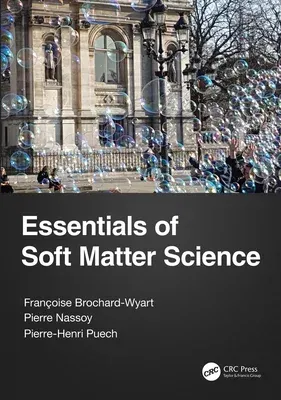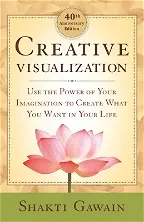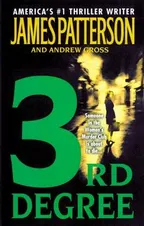'Choice Outstanding Title'
Authored by world-leading physicists, this introductory textbook
explores the basic principles of polymers, colloids, liquid crystals,
wetting, and foams. It is a practical 'toolbox' for readers to acquire
basic knowledge in the field and facilitate further reading and advanced
courses. Undergraduate students in physics, biology, and the medical
sciences will learn the basics of soft matter physics, in addition to
scaling approaches in the spirit of the Nobel prize laureate in physics
in 1991, Pierre-Gilles de Gennes, the inventor of soft matter physics
and close collaborator to author Françoise Brochard-Wyart.
Features:
- Accessible and compact approach
- Contains interesting examples from everyday life (including the Paris
Metro, a water spider, a gecko, and duck feathers)
- Accompanied by additional exercises to enhance understanding available
for download from the CRC Press website
"Three physicists (one theoretician; two experimentalists, one in
biophysics) adopt an intuitive and practical style to present the
fundamentals of soft matter physics. Make no mistake: the style is
accessible and revealing, but the underlying science is profound.
Brochard-Wyart (Sorbonne Univ.) was a collaborator and former student of
the late Pierre-Gilles de Gennes (originator of soft matter physics,
1991 Nobel laureate in physics). The authors lay claim to the style of
de Gennes (and reference their class notes) in their method of
presentation, including its organization and range of topics.
There are two broad groupings: chapters 1-7 cover definition and
characterization of soft matter, then interfaces, phase transitions,
liquid crystals, surfactants, and polymers, offering simple calculations
(order of magnitude estimates) and scaling law arguments. Part 2
(chapters 8-10) covers a range of applications: self-cleaning surfaces,
biomimetic adhesion, optical applications, and biological applications
from DNA to tissue engineering. Many examples are based on everyday
household phenomena. Each chapter provides a short bibliography. Any
student (primarily in physics, biology, chemistry, and engineering) or
researcher will enjoy reading this unique book. To benefit fully,
readers need some background in electricity and magnetism, chemistry,
fluid mechanics, statistical mechanics, and thermodynamics. This reader
has rarely encountered a book so accessible, yet so thought provoking.
Summing Up: Highly recommended. Lower-division undergraduates through
professionals."
--J. Lambropoulos, University of Rochester in CHOICE October 2020).













